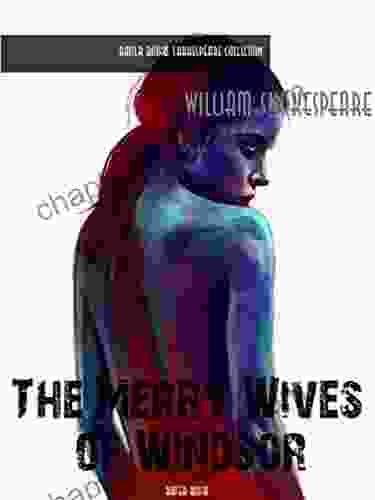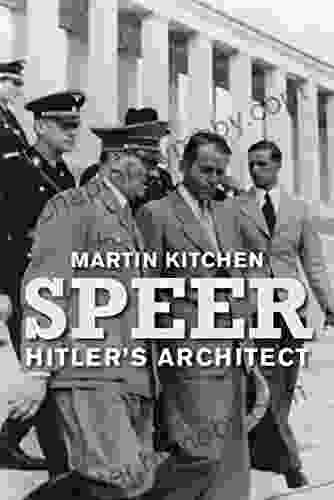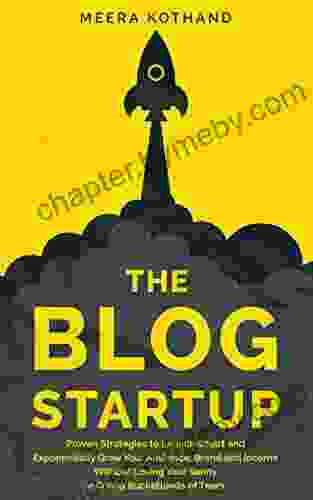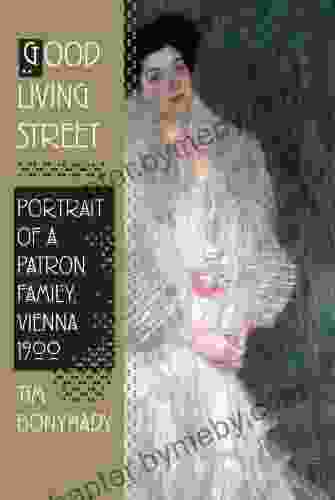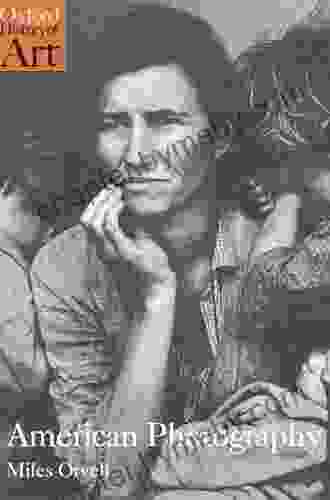In the vibrant tapestry of Shakespeare's comedies, "The Merry Wives of Windsor" stands out as a sparkling gem, captivating audiences with its intricate plot, colorful characters, and enduring humor. Set in the charming town of Windsor during the Elizabethan era, the play weaves a tale of mistaken identities, romantic entanglements, and social satire, leaving an unforgettable mark on literary history.
4.1 out of 5
| Language | : | English |
| File size | : | 390 KB |
| Text-to-Speech | : | Enabled |
| Screen Reader | : | Supported |
| Enhanced typesetting | : | Enabled |
| Print length | : | 93 pages |
A Tale of Mistaken Identities and Romantic Intrigue
The play revolves around the antics of the notorious Sir John Falstaff, a corpulent and witty knight who arrives in Windsor with the intention of seducing two wealthy married women, Mistress Ford and Mistress Page. However, his clumsy attempts at courtship are met with a clever and determined resistance from the two women who, with the help of their husbands and the townsfolk, devise a series of elaborate schemes to outwit and embarrass Falstaff.

Unveiling the Intriguing Characters
The play introduces a memorable cast of characters, each with their own unique personality and motivations. Falstaff, with his boisterous humor and shameless self-confidence, steals the show. Mistress Ford and Mistress Page, though initially perceived as virtuous and honorable, reveal their own wit and resourcefulness as they outplay Falstaff at his own game.
Other notable characters include the jealous Mr. Ford, the pompous Doctor Caius, and the lovestruck Fenton. Each character contributes to the play's rich tapestry, adding depth and complexity to the story.
Themes of Love, Marriage, and Deception
"The Merry Wives of Windsor" explores a range of universal themes that resonate with audiences across centuries. Love and marriage form the central themes of the play, as the characters navigate the complexities of relationships, desire, and fidelity. The play also examines the consequences of deception and the lengths to which people will go to pursue their goals.
The Significance of the Elizabethan Era
The play is deeply rooted in the social and cultural context of the Elizabethan era. The characters' behavior, language, and customs reflect the values and beliefs of the time. The play provides a glimpse into the everyday lives of people living in Windsor, from the wealthy gentry to the common folk.
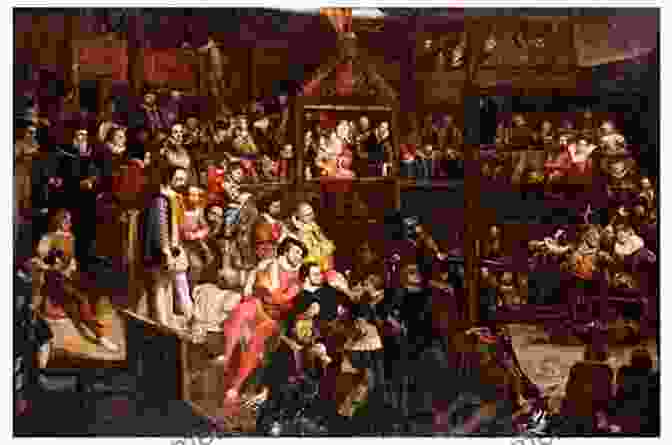
The Enduring Appeal of "The Merry Wives of Windsor"
Over four centuries after its first performance, "The Merry Wives of Windsor" continues to captivate readers and audiences alike. Its timeless humor, memorable characters, and insightful exploration of human nature ensure its enduring appeal. The play is frequently performed in theaters around the world and has been adapted into numerous films, television shows, and operas.
With its clever plot, unforgettable characters, and enduring themes, "The Merry Wives of Windsor" stands as a testament to Shakespeare's genius as a master storyteller and his profound understanding of human nature. A beloved comedy that delights audiences of all ages, it continues to inspire, entertain, and enchant readers and theatergoers alike, solidifying its place as one of the greatest literary masterpieces ever written.



